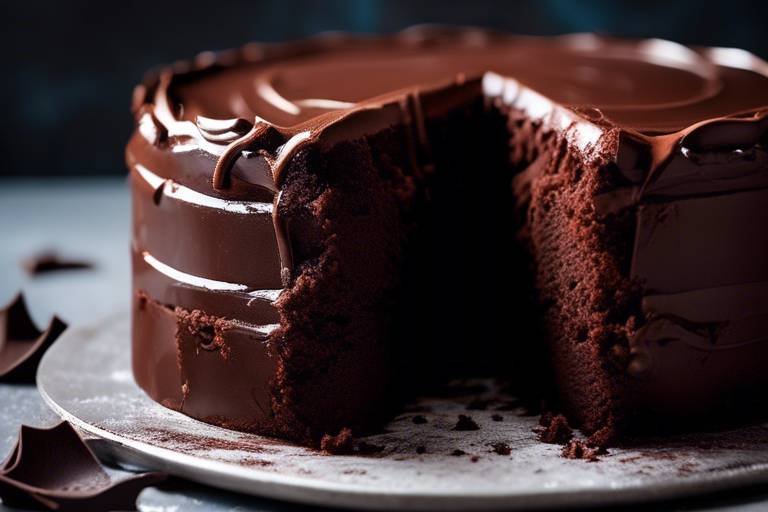10 Essential Herbs and Spices Every Cook Should Have
When it comes to elevating the flavors of your dishes and adding depth to your culinary creations, having a well-stocked pantry of essential herbs and spices is key. These versatile ingredients not only enhance the taste of your meals but also offer a range of health benefits and aromatic profiles that can take your cooking to the next level.
One herb that every cook should have in their arsenal is basil. Known for its fresh and aromatic flavor, basil is a versatile herb that can be used in a variety of dishes, from pasta and salads to soups and sauces. Its vibrant green leaves add a pop of freshness and a hint of sweetness to any recipe, making it a must-have ingredient in any kitchen.
Another essential spice is cinnamon, with its warm and sweet flavor profile. This pantry staple is incredibly versatile and can be used in both sweet and savory dishes. Whether you're baking a batch of cookies, creating a flavorful curry, or simply enjoying a cup of hot chocolate, cinnamon adds a unique depth of flavor that is hard to replicate.
No list of essential herbs and spices would be complete without garlic. This fundamental ingredient is a staple in cooking, adding depth and complexity to a wide range of dishes. Whether you prefer it minced, sliced, or roasted, garlic's pungent flavor elevates sauces, marinades, and stir-fries, making it a kitchen essential that you'll reach for time and time again.
Cumin is another must-have spice that can add warmth and depth to your dishes. With its earthy and nutty flavor, cumin is commonly used in Mediterranean, Middle Eastern, and Indian cuisines. Whether you're making a pot of chili, a fragrant curry, or a batch of roasted vegetables, cumin is sure to enhance the overall taste of your creations.
When it comes to herbs, parsley is a versatile option that can brighten up any dish. Its fresh and slightly peppery flavor pairs well with a variety of ingredients and can be used as a garnish, in salads, or to add a burst of freshness to soups and sauces. Adding parsley to your dishes not only enhances the taste but also adds a vibrant touch of color.
Paprika is a spice that comes in various forms, such as sweet, smoked, or hot, and adds both color and flavor to dishes. A staple in Hungarian cuisine, paprika is commonly used to season meats, stews, and rice dishes, offering a rich and robust taste that can transform even the simplest of recipes.
For those looking to add a fragrant and savory element to their dishes, rosemary is an essential herb to have on hand. Known for its pine-like aroma and robust flavor, rosemary pairs well with roasted meats, vegetables, and bread, adding a touch of Mediterranean flair to your cooking.
Turmeric is renowned for its vibrant color and earthy flavor, making it a staple in Indian and Southeast Asian cuisines. This versatile spice is commonly used in curries, rice dishes, and smoothies, not only for its distinct taste but also for its numerous health benefits and aromatic profile.
Lastly, thyme is a versatile herb that complements a wide range of dishes with its subtle and earthy flavor. Whether you're making stews, roasts, or marinades, thyme adds a savory and aromatic touch that can enhance the overall taste of your recipes, making it a valuable addition to any cook's kitchen.
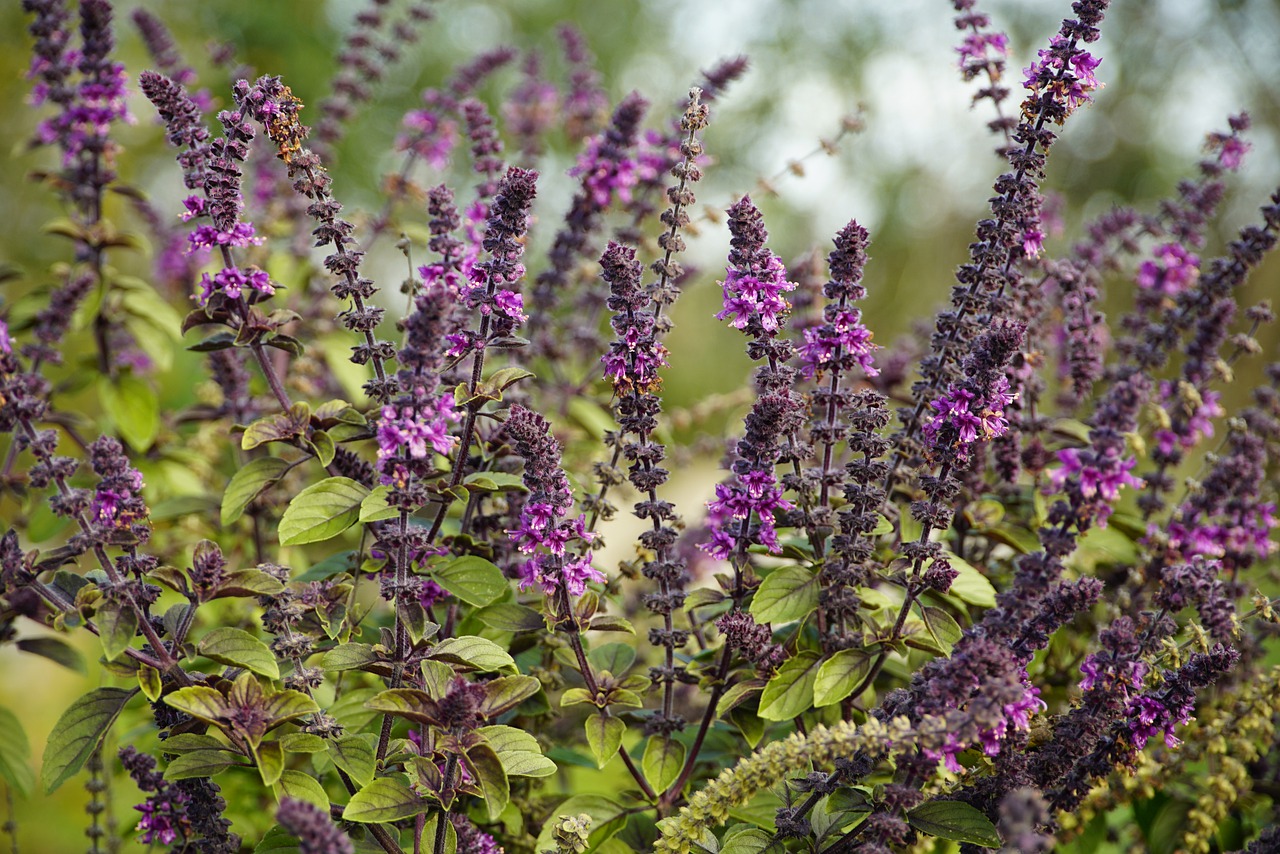
Basil
Basil is a beloved herb in the culinary world, known for its fresh and aromatic flavor that can elevate a wide range of dishes. Whether you're making a classic Italian pasta dish, a refreshing summer salad, or a hearty soup, basil adds a pop of freshness that brightens up the entire meal. Its versatility makes it a must-have herb in every cook's kitchen.
Not only does basil enhance the taste of your dishes, but it also offers some health benefits. It is rich in essential nutrients, antioxidants, and has anti-inflammatory properties. This herb not only delights your taste buds but also supports your overall well-being.
When using basil in your cooking, you can experiment with different varieties such as sweet basil, Thai basil, or lemon basil, each offering a unique flavor profile. Whether you chop it finely as a garnish or blend it into a pesto sauce, basil brings a burst of flavor that takes your culinary creations to the next level.
To preserve the freshness of basil, store it properly by wrapping the stems in a damp paper towel and placing it in the refrigerator. You can also freeze basil leaves in olive oil for longer storage, ensuring you always have this essential herb on hand for your cooking adventures.
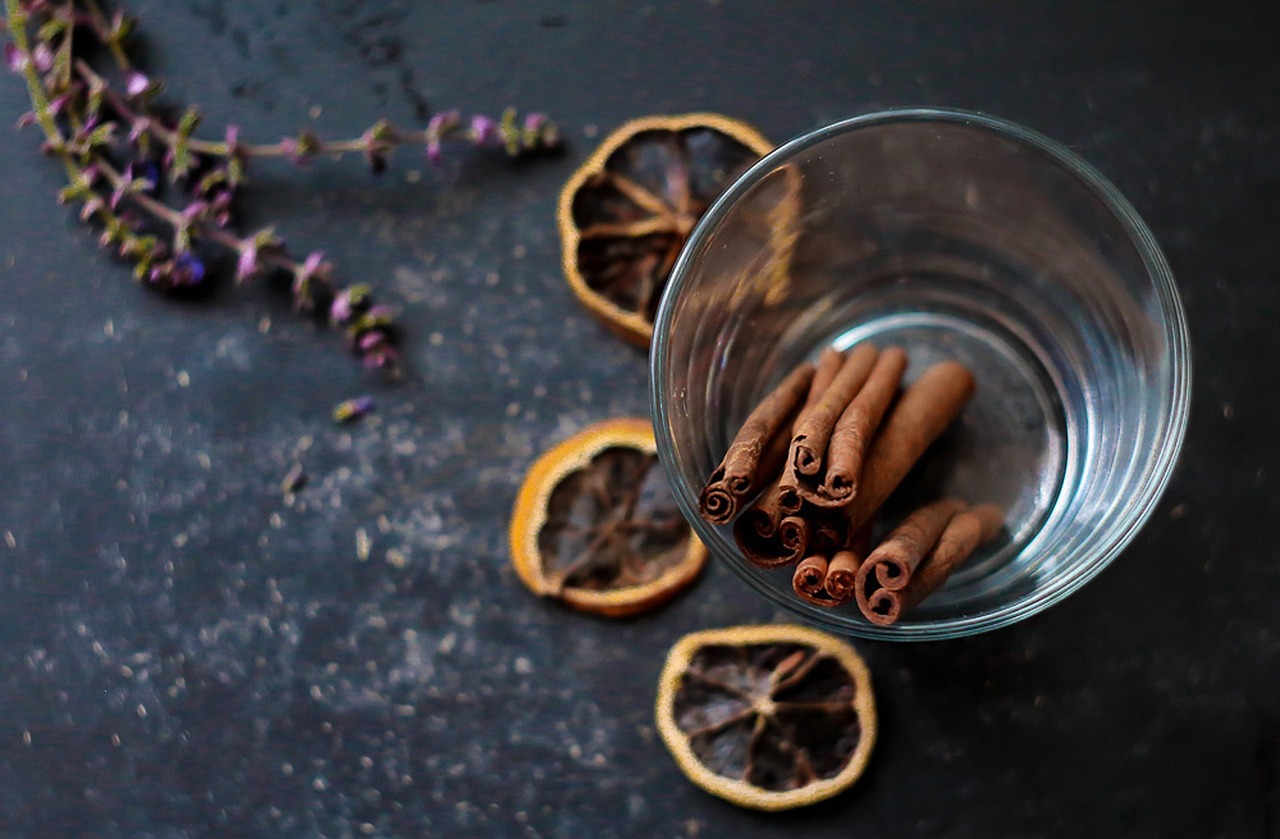
Cinnamon
When it comes to essential herbs and spices in the kitchen, is a true standout. This warm and sweet spice is a pantry staple that can transform ordinary dishes into extraordinary culinary delights. Its distinctive flavor profile adds depth and richness to a wide range of recipes, making it a versatile ingredient that every cook should have on hand.
One of the key benefits of cinnamon is its ability to enhance both sweet and savory dishes. Whether you're baking a batch of cookies or simmering a savory curry, a sprinkle of cinnamon can elevate the flavors and create a harmonious balance of taste sensations. Its warm and comforting aroma adds a cozy element to dishes, making it a popular choice for fall and winter recipes.
Not only does cinnamon excel in traditional baked goods like pies, cakes, and muffins, but it also shines in savory dishes such as stews, tagines, and marinades. Its earthy sweetness pairs well with a variety of ingredients, adding complexity and dimension to the overall flavor profile of a dish.
Furthermore, cinnamon is known for its potential health benefits. Rich in antioxidants and anti-inflammatory properties, this spice has been used for centuries in traditional medicine for its healing properties. From aiding digestion to regulating blood sugar levels, cinnamon offers more than just a delightful taste—it also contributes to overall well-being.
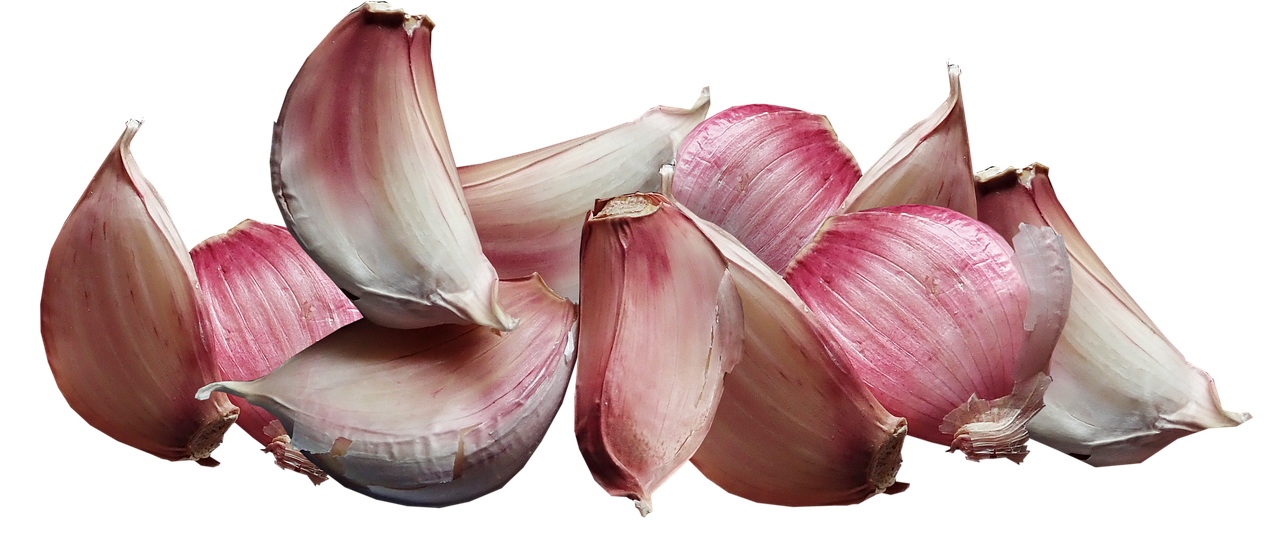
Garlic
Exploring the must-have herbs and spices for every cook's kitchen, enhancing flavors and adding depth to dishes. Discover the versatility and benefits of these essential ingredients in creating delicious meals.
Garlic, the indispensable kitchen hero, brings a punch of flavor to any dish it touches. Whether finely minced for a subtle hint or roasted for a more mellow taste, garlic elevates the taste profile of sauces, marinades, and stir-fries. Its pungent aroma fills the kitchen with warmth, inviting you to create culinary masterpieces.
Imagine a world without garlic – bland, lacking depth, and missing that extra oomph. This humble bulb not only adds complexity to savory dishes but also offers numerous health benefits. From boosting immunity to promoting heart health, garlic is a powerhouse of nutrients packed into a small clove.
Picture a sizzling pan with garlic-infused olive oil, releasing its aromatic essence and setting the stage for a flavorful meal. The versatility of garlic knows no bounds – from Italian pasta sauces to Asian stir-fries, it seamlessly integrates into various cuisines, enhancing the overall taste experience.
When it comes to garlic, the options are endless. Roasted whole cloves spread on crusty bread, minced garlic mixed with butter for a fragrant spread, or even garlic powder sprinkled over roasted vegetables – each method brings a unique touch to your culinary creations.
Embrace the power of garlic in your cooking arsenal, and unlock a world of possibilities to tantalize your taste buds. Let this aromatic bulb be your secret weapon in the kitchen, adding depth, richness, and a hint of magic to every dish you prepare.

Cumin
Cumin, with its earthy and nutty flavor, is a versatile spice that adds depth and warmth to a wide range of dishes. Commonly used in Mediterranean, Middle Eastern, and Indian cuisines, cumin is a staple in many spice racks for its distinctive taste. This spice is known for its ability to enhance the flavors of dishes like chili, curries, and roasted vegetables, making it a must-have for any cook.
When using cumin, it's essential to toast the seeds before grinding them to release their full flavor potential. This process helps to bring out the spice's aromatic and earthy notes, elevating the overall taste of the dish. Whether you're creating a flavorful curry or seasoning roasted vegetables, cumin can add a rich and complex flavor profile that enhances the dish.
Additionally, cumin pairs well with other spices like coriander, turmeric, and cinnamon, creating a harmonious blend of flavors in various recipes. Its warm and slightly bitter taste can balance out the sweetness of dishes or add depth to savory meals, making it a versatile ingredient in the kitchen.
One popular use of cumin is in chili recipes, where it adds a deep and smoky flavor that complements the richness of the dish. By incorporating cumin into your cooking, you can create dishes that are not only flavorful but also aromatic and satisfying to the palate.
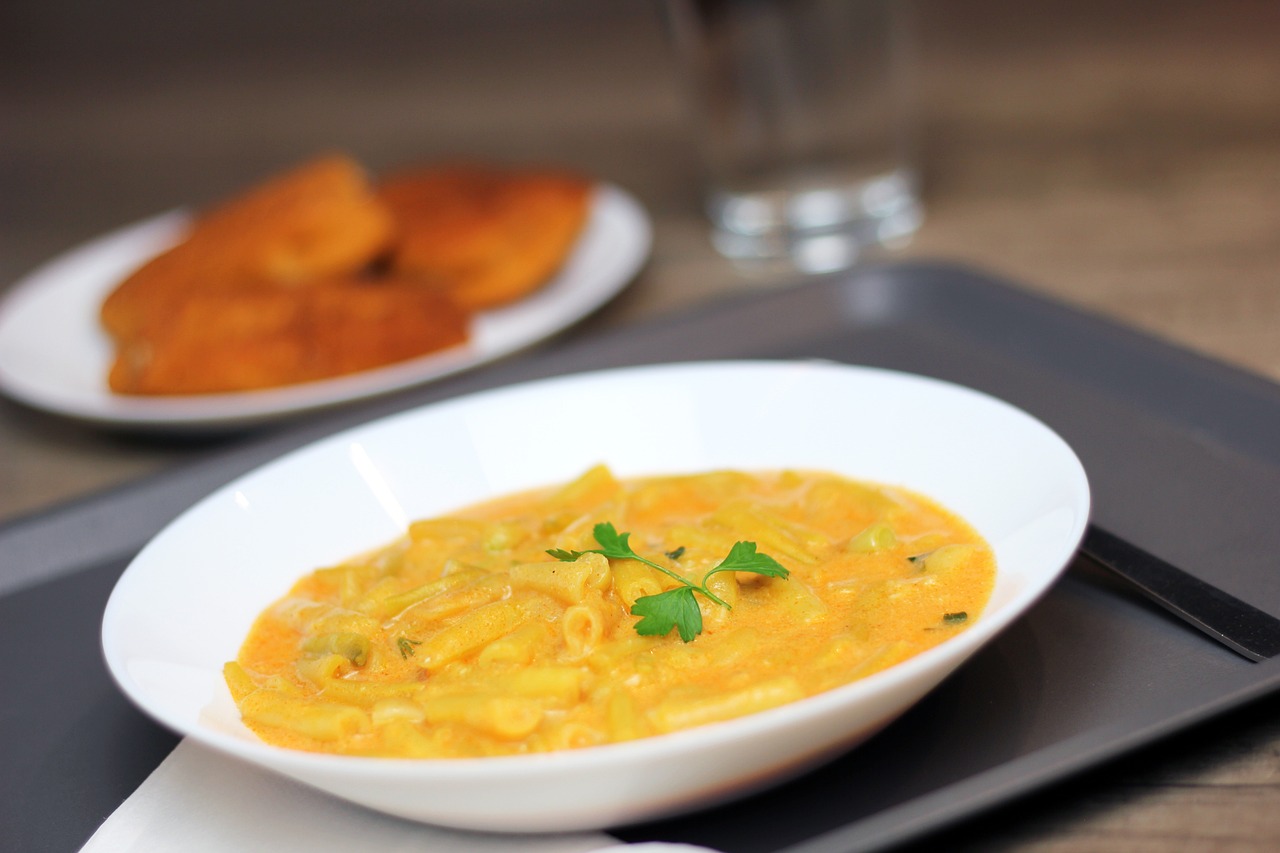
Parsley
Parsley is a versatile herb that brings a burst of freshness to a wide range of dishes with its bright and slightly peppery flavor. Whether used as a garnish, mixed into salads, or added to soups and sauces, parsley adds a vibrant touch to any recipe. Its delicate leaves not only enhance the visual appeal of a dish but also contribute a subtle yet distinct taste that complements various ingredients.
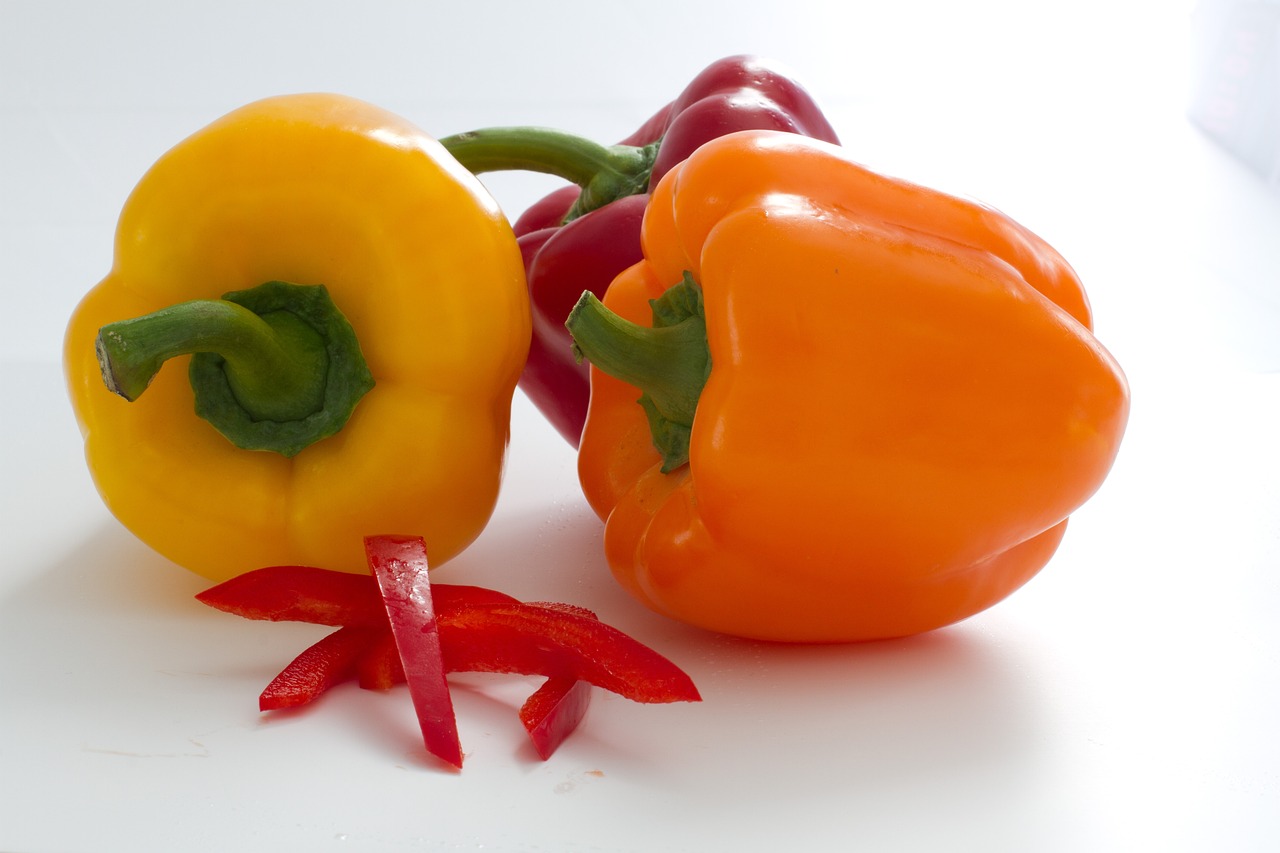
Paprika
Paprika, a vibrant and flavorful spice, comes in various forms, each offering a unique taste experience. From the sweet and mild to the smoky and hot varieties, paprika adds not only color but also depth to a wide range of dishes. Its versatility in Hungarian cuisine is unmatched, where it is a key player in seasoning meats, stews, and rice dishes. The rich and earthy undertones of paprika can transform a simple meal into a culinary delight, bringing a touch of warmth and complexity to every bite.
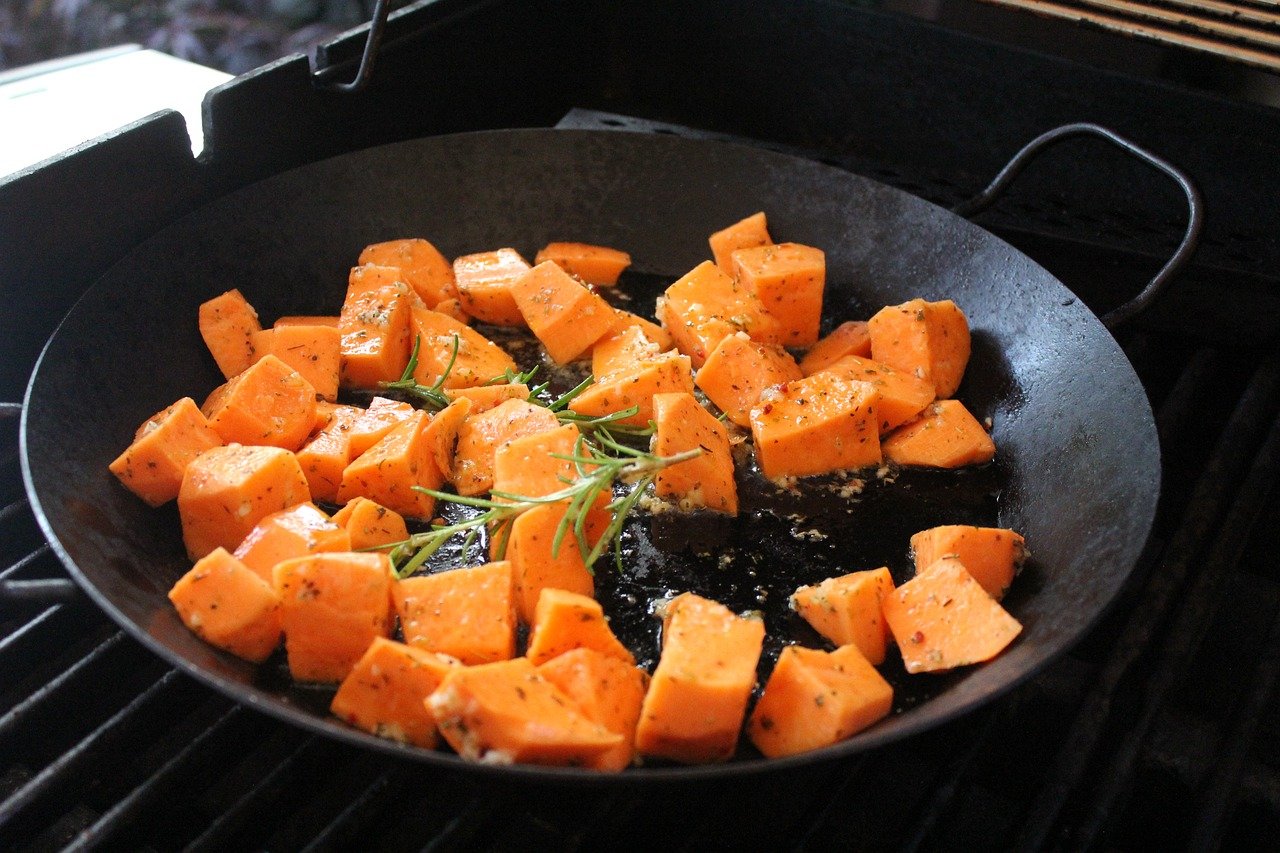
Rosemary
Exploring the must-have herbs and spices for every cook's kitchen, enhancing flavors and adding depth to dishes. Discover the versatility and benefits of these essential ingredients in creating delicious meals.
Rosemary, with its pine-like aroma and robust flavor, is a beloved herb in Mediterranean cuisine. This herb is a culinary powerhouse, known for its ability to elevate dishes with its fragrant and savory essence. Whether used to season roasted meats, vegetables, or homemade bread, rosemary adds a distinctive touch that enhances the overall flavor profile of a recipe.
One of the key characteristics of rosemary is its versatility. It can be used fresh or dried, depending on the dish's requirements. Fresh rosemary sprigs are perfect for infusing oils, marinades, or roasting alongside meats for a burst of flavor. On the other hand, dried rosemary works well in spice blends, rubs, or added to soups and stews for a more subtle yet aromatic presence.
When incorporating rosemary into your cooking, consider pairing it with complementary ingredients like garlic, lemon, or olive oil to enhance its herbal notes. Whether you're preparing a hearty lamb roast, a fragrant vegetable medley, or a warm loaf of bread, rosemary's distinct flavor profile will undoubtedly leave a lasting impression on your taste buds.
Additionally, rosemary is not only valued for its culinary uses but also for its potential health benefits. It is believed to have antioxidant and anti-inflammatory properties, making it a valuable addition to a balanced diet. By incorporating rosemary into your cooking, you not only elevate the taste of your dishes but also potentially boost their nutritional value.
- Q: How should I store fresh rosemary?
- Q: Can dried rosemary be used as a substitute for fresh rosemary?
- Q: What dishes pair well with rosemary?
A: To keep fresh rosemary at its best, store it in the refrigerator wrapped in a damp paper towel or in a plastic bag. Alternatively, you can place the stems in a glass of water like a bouquet to maintain freshness.
A: Yes, dried rosemary can be used as a substitute for fresh rosemary in recipes. However, keep in mind that dried rosemary is more potent, so adjust the quantity accordingly to avoid overpowering the dish.
A: Rosemary complements a variety of dishes, including roasted meats (such as lamb or chicken), roasted vegetables, bread, soups, and stews. It also pairs well with citrus flavors like lemon and orange.
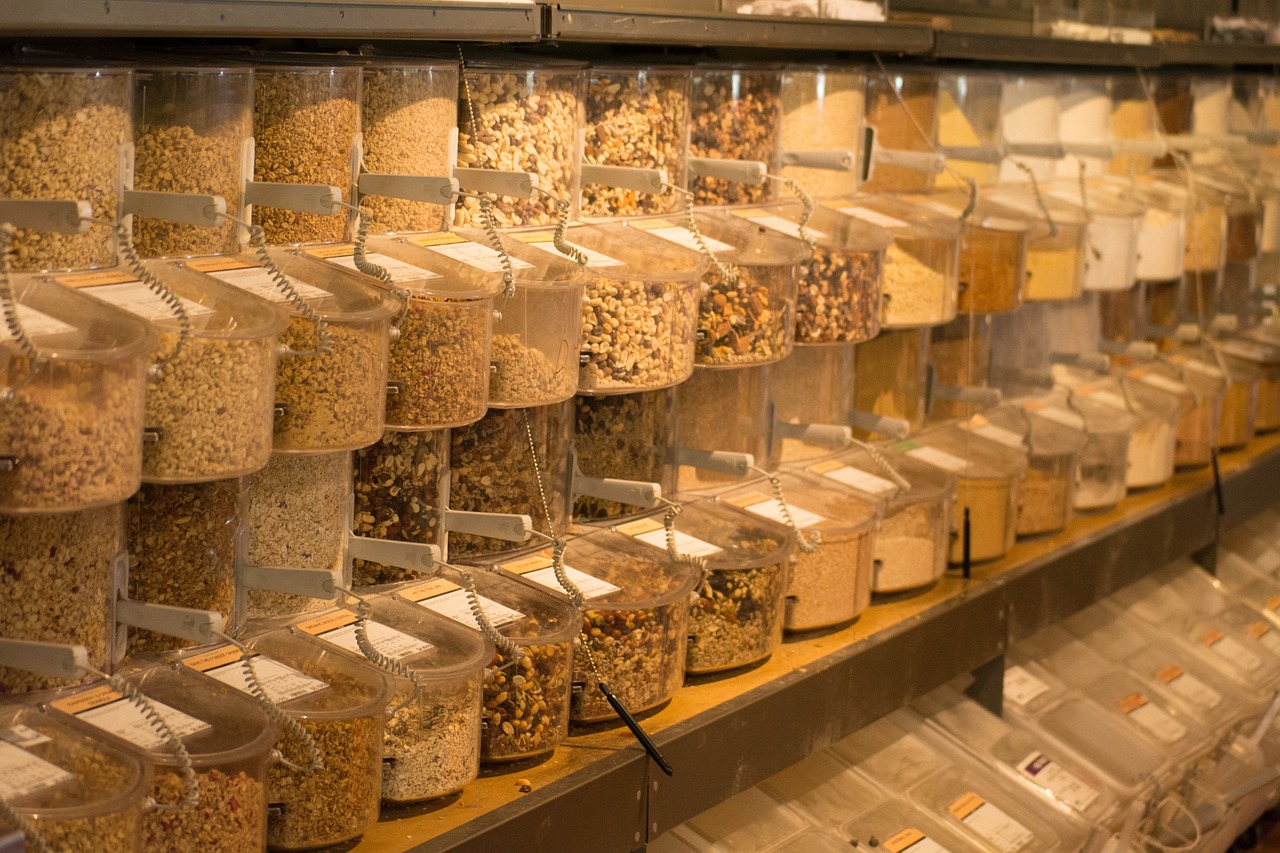
Turmeric
Turmeric, with its vibrant color and earthy flavor, is a beloved staple in Indian and Southeast Asian cuisines. This versatile spice is not only known for its culinary uses but also for its numerous health benefits. Its active compound, curcumin, is a powerful antioxidant with anti-inflammatory properties, making turmeric a popular choice for promoting overall well-being.
When it comes to cooking, turmeric is commonly used in curries, rice dishes, and soups to add both flavor and color. Its warm and slightly peppery taste complements a wide range of ingredients, creating rich and aromatic dishes that delight the taste buds. Additionally, turmeric is often included in smoothies and teas for a health boost, thanks to its medicinal properties.
Aside from its culinary applications, turmeric has been used for centuries in traditional medicine for its healing properties. From aiding digestion to reducing inflammation, turmeric is a versatile spice that offers a holistic approach to health and wellness. Incorporating turmeric into your cooking not only enhances the flavor of your dishes but also adds a nutritional punch that can benefit your overall health.

Thyme
Exploring the must-have herbs and spices for every cook's kitchen, enhancing flavors and adding depth to dishes. Discover the versatility and benefits of these essential ingredients in creating delicious meals.
Thyme, with its subtle and earthy flavor, is a versatile herb that complements a wide range of dishes. This herb, resembling tiny leaves on delicate stems, brings a savory and aromatic touch to recipes. Whether used fresh or dried, thyme adds a layer of complexity to stews, roasts, and marinades, making it a go-to herb for many chefs. Its fragrant essence can transport you to a rustic countryside kitchen, where hearty meals are prepared with love and care.
Q: How should I store herbs and spices to maintain their freshness?
A: It's best to store herbs and spices in airtight containers away from heat and sunlight to preserve their flavors. Keeping them in a cool, dark place will help maintain their potency.
Q: Can I substitute dried herbs for fresh ones in recipes?
A: Yes, you can substitute dried herbs for fresh ones, but keep in mind that the potency differs. As a general rule, you can use one-third of the amount of dried herbs compared to fresh herbs in a recipe.
Q: Are there any health benefits associated with using herbs and spices in cooking?
A: Yes, many herbs and spices contain antioxidants and other beneficial compounds that can have positive effects on health. For example, turmeric is known for its anti-inflammatory properties, while garlic is believed to have immune-boosting benefits.
Frequently Asked Questions
- What are the benefits of using herbs and spices in cooking?
Herbs and spices not only enhance the flavors of dishes but also add depth and complexity to the overall taste. They can elevate a simple meal to a gourmet experience, providing a variety of health benefits and aromatic profiles.
- How should herbs and spices be stored to maintain their freshness?
It is best to store herbs and spices in airtight containers away from direct sunlight and heat. Keeping them in a cool, dry place will help preserve their flavors and potency for a longer period.
- Can herbs and spices be substituted for one another in recipes?
While some herbs and spices have unique flavors that are difficult to replicate, certain substitutions can be made based on the dish and personal preferences. Experimenting with different combinations can lead to exciting culinary discoveries.
- Are there any health considerations to keep in mind when using herbs and spices?
Most herbs and spices offer various health benefits due to their antioxidant and anti-inflammatory properties. However, individuals with specific medical conditions or allergies should consult a healthcare professional before incorporating new herbs and spices into their diet.
- What are some creative ways to use herbs and spices in everyday cooking?
Herbs and spices can be used in a multitude of ways, such as seasoning meats, enhancing marinades, flavoring soups and stews, and even infusing oils and vinegars. Experimenting with different combinations can add excitement and depth to your dishes.








